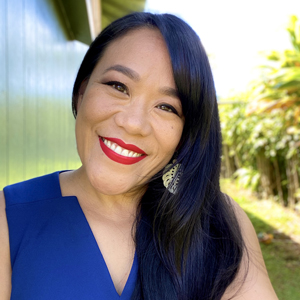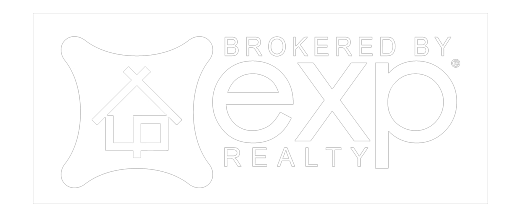Before I venture into today’s topic, I’d like to first discuss the recent storm here on Kauai. While most of the island goes unaffected, certain low-lying areas were greatly impacted by this historic natural disaster. That said, there is a silver lining.
The people of Kauai are incredibly strong and there has been an incredible response from those who have given their time, energy, and monetary donations toward relief efforts. Seeing the island come together like this truly demonstrates the aloha spirit.
With all of that being said, I’d like to move on to today’s subject: foreclosure properties. Investors are always searching for opportunities, and many of these opportunities come in the form of distressed properties.
The dominant type of distressed property in our market today is bank-owned properties. It may be hard to believe, but some of the properties I see coming to auction at the courthouse steps have been in foreclosure for nearly 10 years. These properties represent some of the best investment opportunities for those with the skills and resources to handle them.
However, it’s important to note buying a bank-owned property is a different kind of transaction than a typical real estate purchase. The bank offers no guarantees or warranties. Another way this kind of purchase differs from typical transactions is that while the properties are sometimes placed on the MLS, they are also often sold through the courthouse or through an online auction.
When it comes to courthouse auctions, a professional such as myself may bid on your behalf. The process can seem somewhat complex at first, so allow me to give a basic explanation of what you can expect.
Foreclosure, the process through which a bank reclaims a property where the homeowner is in default, is handled differently in many states. In Hawaii, the process is known as judicial foreclosure.
Once the court has granted the plaintiff (the bank) its motion for summary judgement, the judge then appoints a commissioner, usually an attorney. The attorney must file three notices in the paper announcing the court sale date and hold two open houses at the property. This process usually takes 6 -10 weeks.
Eventually, the foreclosure auction sale will occur on the courthouse steps at noon on the announced date. The winner of the highest bid gets the property, but the process doesn’t end there. The commissionerthen files documents to schedule a confirmation hearing which usually occurs 6-8 weeks later. At the confirmation, the bidding is reopened. At that time if a buyer wants to bid, the minimum bid must be at least 5% higher than the price at the courthouse. So, if a home were auctioned off on the courthouse steps for $700,000, when the bidding is reopened at the confirmation hearing, the minimum bid would be $735,000.
There may be multiple bidders at the confirmation hearing and the price will go up until the auction is completed. Then, there are more legal documents to be processed and filed and, ultimately, the buyer receives a commissioner’s deed.
Of course, I would be happy to further explain this process. So if you have any other questions, would like more information, or are interested in purchasing a foreclosure property, feel free to give me a call or send me an email. I look forward to hearing from you soon.







